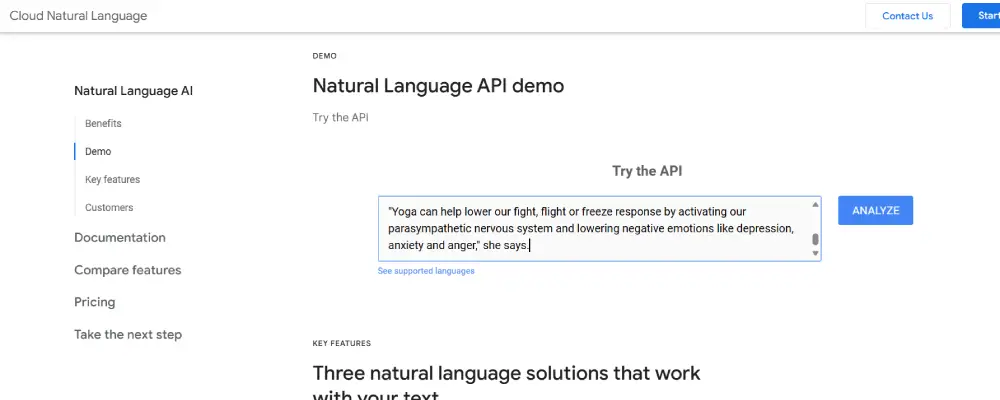A Guide to Building a Grammatical and Spelling Website Checker in Python
In the digital era, the quality of website content plays a pivotal role in creating a positive user experience and maintaining a professional online presence. Grammatical and spelling errors not only undermine credibility but can also lead to misunderstandings. In this blog, we will explore the process of creating a powerful Grammatical and Spelling Website […]
A Guide to Building a Grammatical and Spelling Website Checker in Python Read More »










